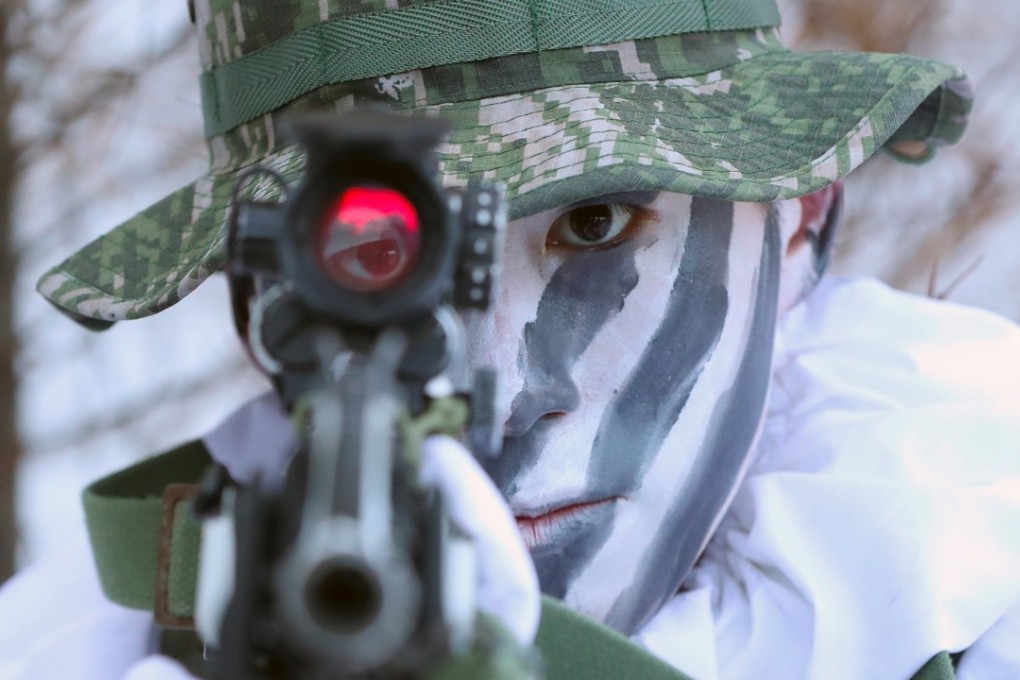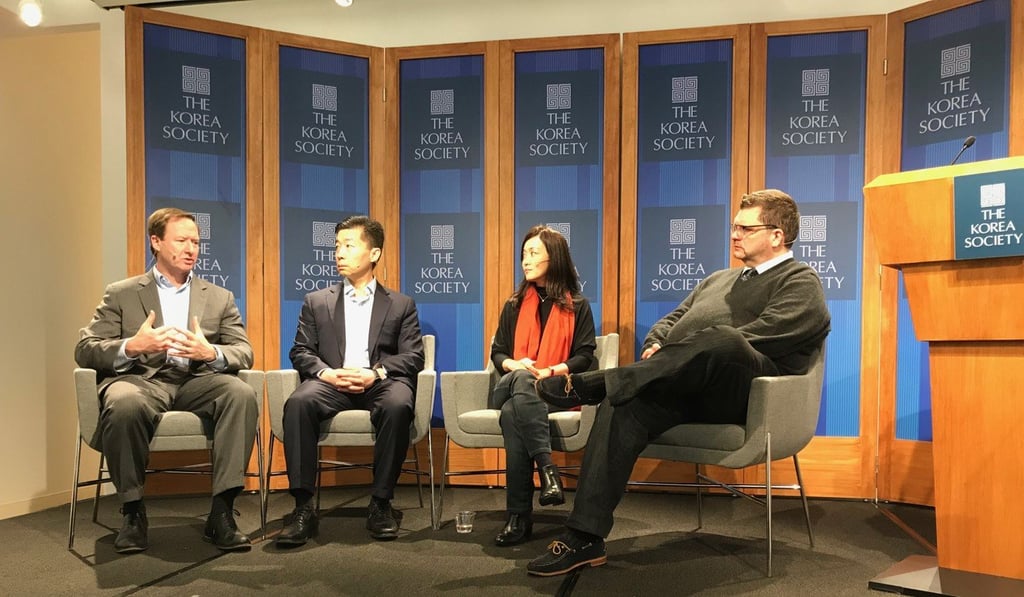US-South Korea military drills to go on despite Pyongyang’s charm offensive: former CIA officer
Seoul officials assured us ‘the military exercises would go on as they need to’, the Heritage Foundation’s Bruce Klingner said

South Korean government officials have offered assurances that their joint military exercises with the US, which were pre-empted by the Winter Olympic Games, will proceed despite North Korea’s recent efforts to rebuild ties with Seoul by inviting President Moon Jae-in to Pyongyang.
“In the near term, the US will be wary about how far President Moon will go, but when I was in Seoul recently all of the officials assured us that the military exercises would go on as they need to,” said Bruce Klingner, the Washington-based Heritage Foundation’s Senior Fellow for Northeast Asia, who is also a former CIA officer.
“Then it’s the North’s decision as to whether they want to continue to play the charm offensive and try to wean away the South from the US, or do they take umbrage and use the military exercises as justification for what they’re going to do anyway, which is additional missile and nuclear tests?” Klingner said in a panel discussion at the New York-based Korea Society.
US President Donald Trump and Moon “agreed to de-conflict the Olympics and our military exercises so that United States and Republic of Korea forces can focus on ensuring the security of the Games”, the White House announced about a month before the international competition in Pyeongchang, South Korea, started.
Analysts have called North Korea’s unprecedented diplomatic outreach to its estranged neighbour a transparent attempt to drive a wedge between Washington and Seoul, worrying some policymakers who see the US-South Korea alliance as an important foreign policy default.

North Korea’s leader, Kim Jong-un, this week offered praise for South Korea, which he said gave special priority to the North’s athletes at the Winter Olympics, according to a state media report.